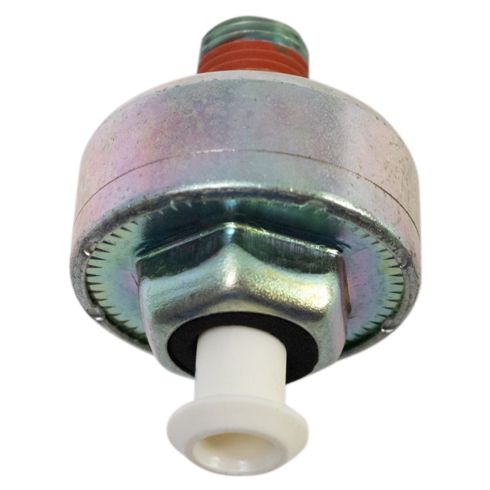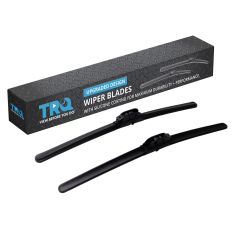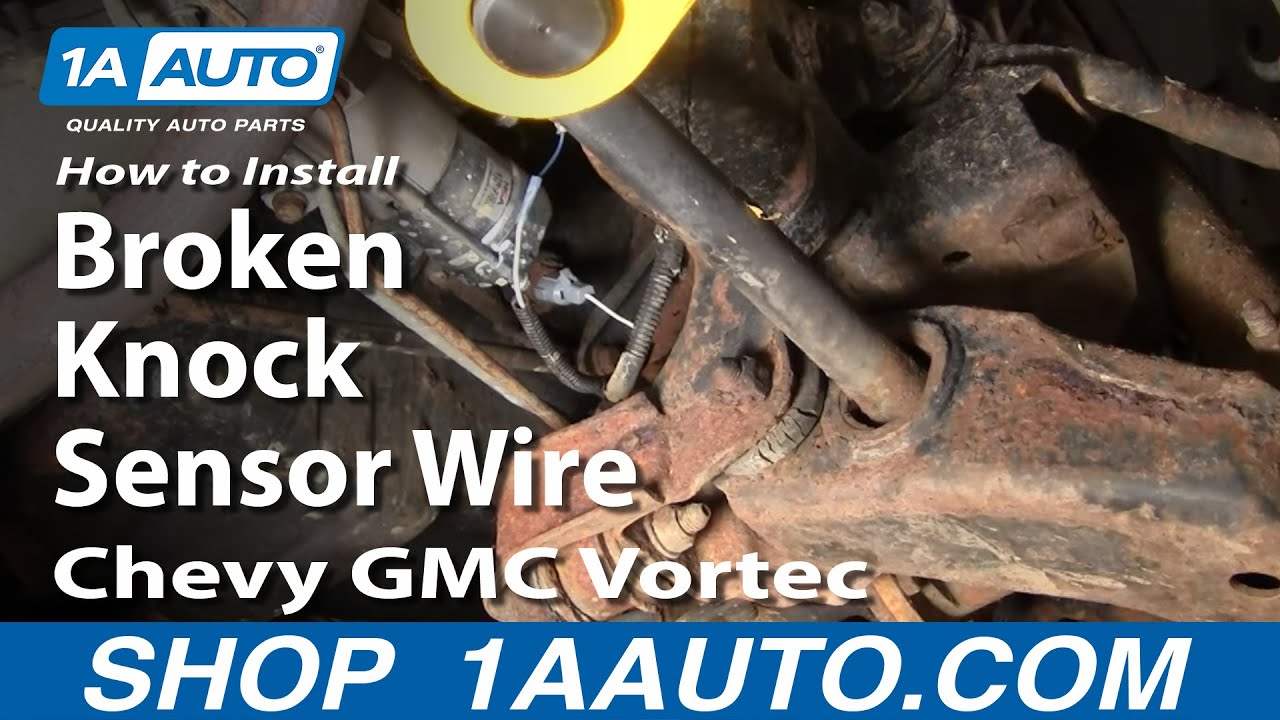1AEKS00012-Engine Knock Sensor TRQ ESA53621







Replaces
1990 Chevrolet P30 V8 7.4L Engine Knock Sensor TRQ ESA53621




Recommended for your 1990 Chevrolet P30
Product Reviews
Loading reviews
Customer Q&A
No questions have been asked about this item.
Chevrolet is a registered trademark of General Motors Company. 1A Auto is not affiliated with or sponsored by Chevrolet or General Motors Company.
See all trademarks.






